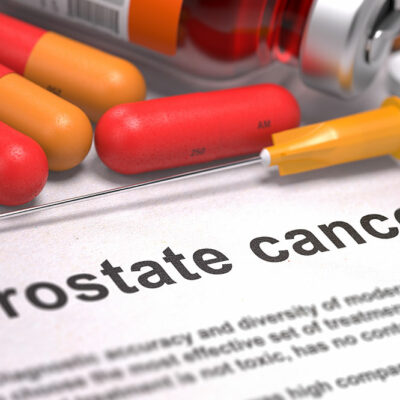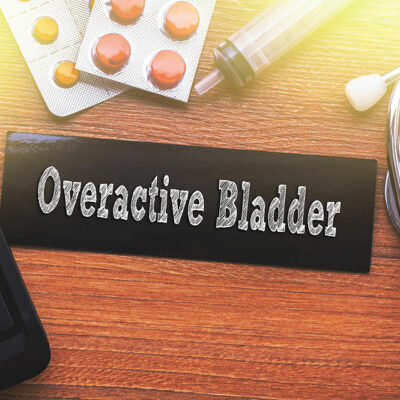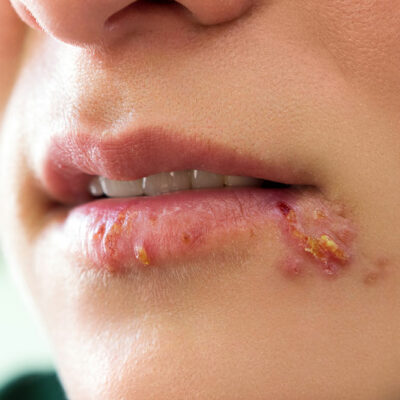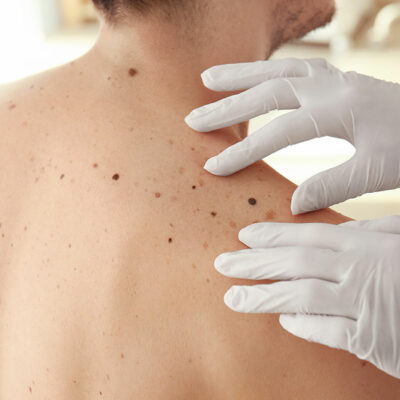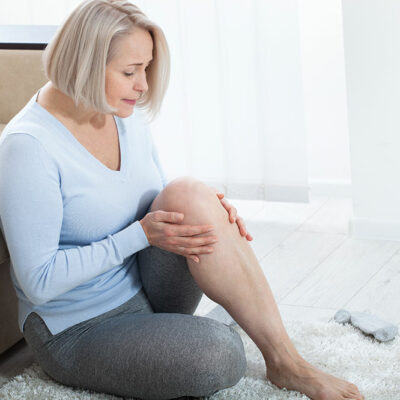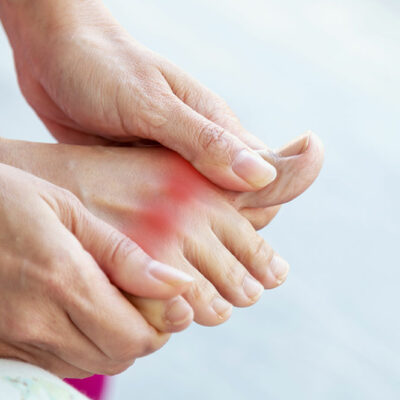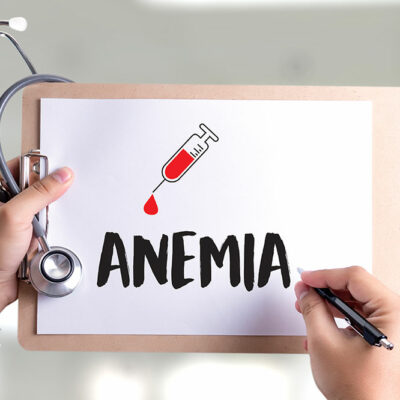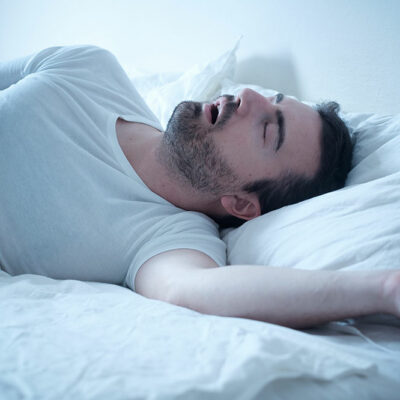
Health
Sleep Apnea – Types and Risk Factors
Sleep apnea is a type of sleep disorder where breathing stops and starts consistently. Due to this, the individual is unable to get good quality sleep. This condition is serious and, if left untreated, it can be fatal. But, despite it being a common sleep disorder, there is a general lack of awareness about this condition. Let’s discuss the types of sleep apnea and the risk factors to get better clarity of this disorder. Different types of sleep apnea There are three different types of sleep apnea that affect individuals across the world. These include: 1. Obstructive sleep apnea Obstructive sleep apnea is the most commonly occurring type of sleep apnea. In this type, individuals are unable to breathe due to their upper airway being entirely or partially blocked. This blockage is induced when the soft tissue in the back of the throat collapses while sleeping. 2. Central sleep apnea This is the second type of sleep apnea. Central sleep apnea is caused due to poor or lack of communication between the brain and the muscles that control breathing. 3. Complex/Mixed sleep apnea This type, as the name suggests, is a combination of both obstructive and central sleep apnea. It is also known as treatment-emergent central sleep apnea.
Read More 
